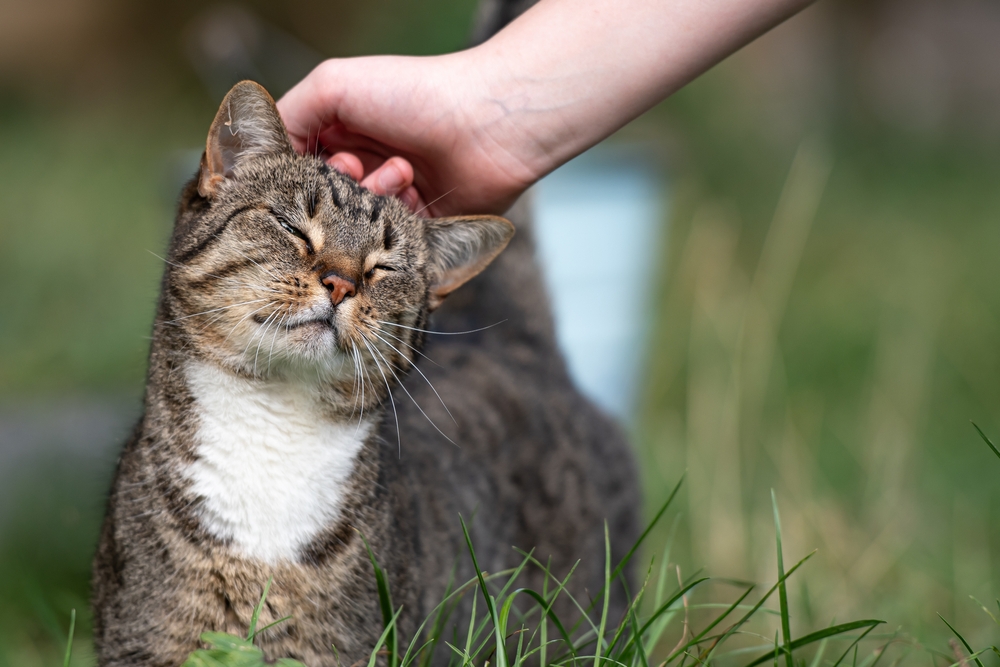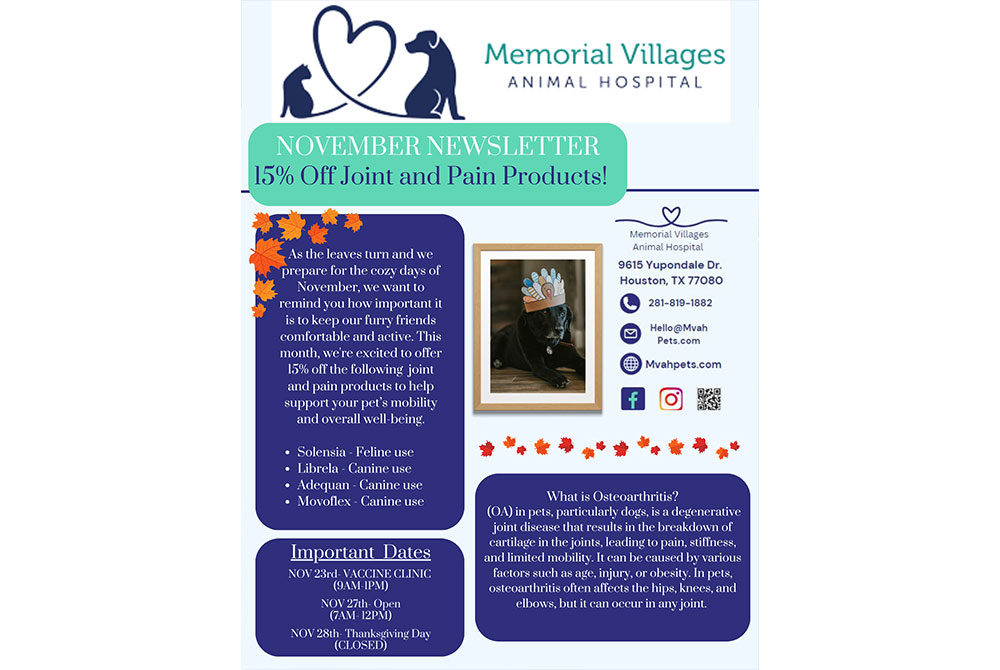Is Your Beloved Pet Slowing Down? Discover Why and How to Help!
Why is My Older Pet Slowing Down? As pet owners, we inevitably face the heart-wrenching reality that our pets age, and with that aging process, we often notice a significant slowdown in their activity levels. Watching a beloved pet lose their youthful vigor can be emotionally challenging. Our team understands these feelings and is here [...]













